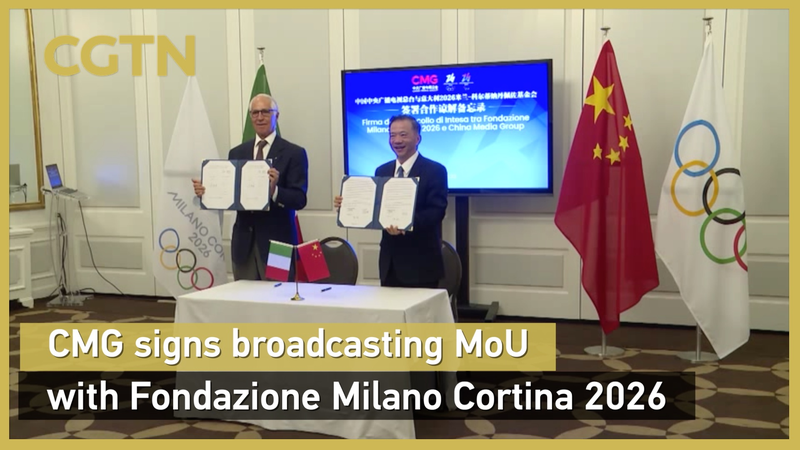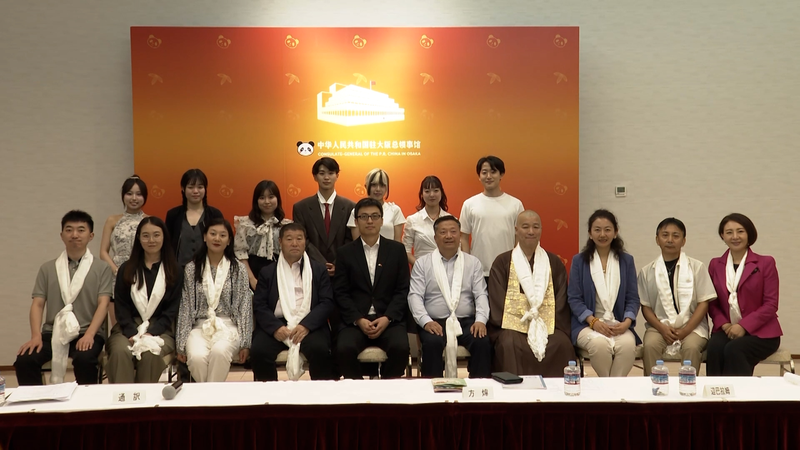Leaders from across Southeast Asia, the Middle East and China are gathering in Kuala Lumpur this week for the first-ever ASEAN-GCC-China Summit. Following last year's historic meeting between the ASEAN bloc and the Gulf Cooperation Council (GCC), this expanded forum marks a new chapter in cross-regional cooperation.
The summit, scheduled to welcome the Chinese premier Li Qiang, will focus on creating a pathway to freer trade between these dynamic regions. With economic growth slowing in some parts of the world and geopolitical tensions simmering, the event offers a rare opportunity to forge fresh partnerships and boost supply-chain resilience.
Organizers say discussions will range from tariff reductions and digital trade standards to sustainable infrastructure projects and joint investment funds. For young entrepreneurs and tech innovators, this could translate into lower barriers for launching cross-border startups or exporting digital services.
For thought leaders and changemakers, the summit brings a platform to push global policies on sustainability and inclusive growth. Delegates are expected to explore frameworks that balance economic gains with environmental safeguards – an agenda that resonates with young global citizens seeking real-world impact.
While the summit is not a sporting or entertainment event, there's a cultural dimension too. Malaysia's vibrant capital will host side events showcasing art, music and cuisine from member nations and regions, offering travelers and digital nomads a chance to dive into an immersive cultural exchange.
CGTN's Zhou Jiaxin, reporting from Kuala Lumpur, highlights that this summit could set the tone for a next generation of trade pacts – ones built for a digital era where data flows are as vital as goods.
As doors open and leaders take their seats, all eyes will be on whether this new triangle of cooperation can turn bold ambitions into concrete agreements – and whether it sparks a ripple effect across global trade networks.
Reference(s):
cgtn.com




